
New Nonfiction About Reproductive Health & Healthcare
I don’t know exactly when it happened, but in the last few years, we’ve crossed some threshold in the public conversation about reproductive health. Maybe we got tired of the fact that there wasn’t really a public conversation about reproductive health. Maybe it was the huge New York Times exposé about the ways that women have been misled about menopause. Maybe it really sank in that, for basically as long as medical research has existed, there’s been a dearth of funding for research about women’s health.
Whether we hit a collective tipping point or simply broke under the combined weight of all these (and so many more) factors, something has happened. We’re talking about reproductive health. We’re making reels and TikToks about it. We’re recording podcasts and listening to podcasts and sending podcasts to our friends. And some of us—a lot of us!—are writing books about it. Here’s just a sampling of new and recent nonfiction about reproductive health and healthcare.
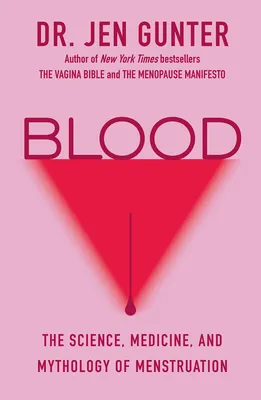
Blood: The Science, Medicine, and Mythology of Menstruation by Dr. Jen Gunter
Dr. Jen Gunter has been called “the Internet’s OB/GYN,” and for good reason. When she’s not writing books that demystify reproductive health, she’s combatting misinformation online and working to create “a better medical Internet” with the goal of making sure that anyone who needs it has accurate information to understand their body and advocate for their own healthcare.
In her latest book, Blood: The Science, Medicine, and Mythology of Menstruation, Gunter offers a straightforward primer on periods. It’s packed with real science and practical guidance about menstruation, what’s normal and what’s not, when to seek medical attention, and how to find qualified physicians. Gunter is also the author of The Menopause Manifesto (excellent and exactly what it sounds like) and The Vagina Bible, which should be required reading no matter your gender.
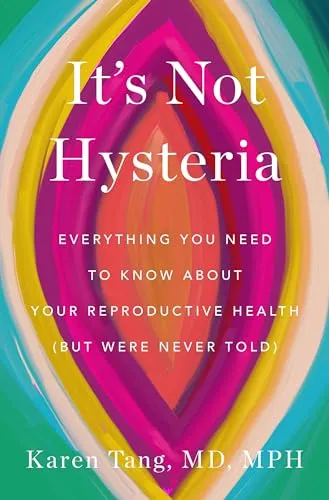
It’s Not Hysteria: Everything You Need to Know About Your Reproductive Health (but Were Never Told) by Dr. Karen Tang
Centuries before we had physician-advocates like Jen Gunter and Karen Tang, we had hysteria: the catch-all explanation (which translates to “wandering uterus”) that women’s problems, be they physical or psychological, were due to something going wrong ~down there. In It’s Not Hysteria, Karen Tang provides an expansive and inclusive guide to understanding the basics of reproductive health, the root causes of many common issues, and how to talk with your healthcare providers about concerns and treatment options.
If you learned most of what you know about the female reproductive system from Judy Blume, run, don’t walk, to It’s Not Hysteria. And if you’re hoping to give your kids a better education than you received, we’ve got a list to help you, too.
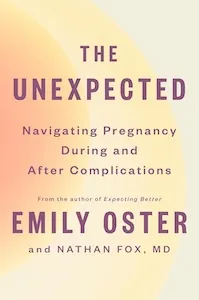
The Unexpected: Navigating Pregnancy During and After Complications by Emily Oster and Nathan Fox, M.D.
As if navigating the everyday issues associated with reproductive health isn’t complicated enough, there’s also pregnancy to think about! Emily Oster is an economist who focuses on providing data-driven guides to pregnancy, parenting, and health. In her 2013 breakout, Expecting Better, Oster used this data-driven approach to push back against the conventional wisdom around pregnancy and childbirth. She followed that up with Cribsheet and The Family Firm, data-driven guides to parenting in the early years. And now she’s back to writing about reproductive healthcare with The Unexpected, which offers support and advice for navigating pregnancy complications and managing a new pregnancy after one that didn’t go as planned. Oster co-wrote The Unexpected with maternal-fetal medicine specialist Nathan Fox, who provides critical insight from a physician’s perspective.
Related Reading

Like a Mother: A Feminist Journey Through the Science and Culture of Pregnancy by Angela Garbes
Published back in 2018, Angela Garbes’s Like a Mother is a feminist exploration of women’s reproductive healthcare and pregnancy that combines rigorous research with personal stories told through an intersectional lens.
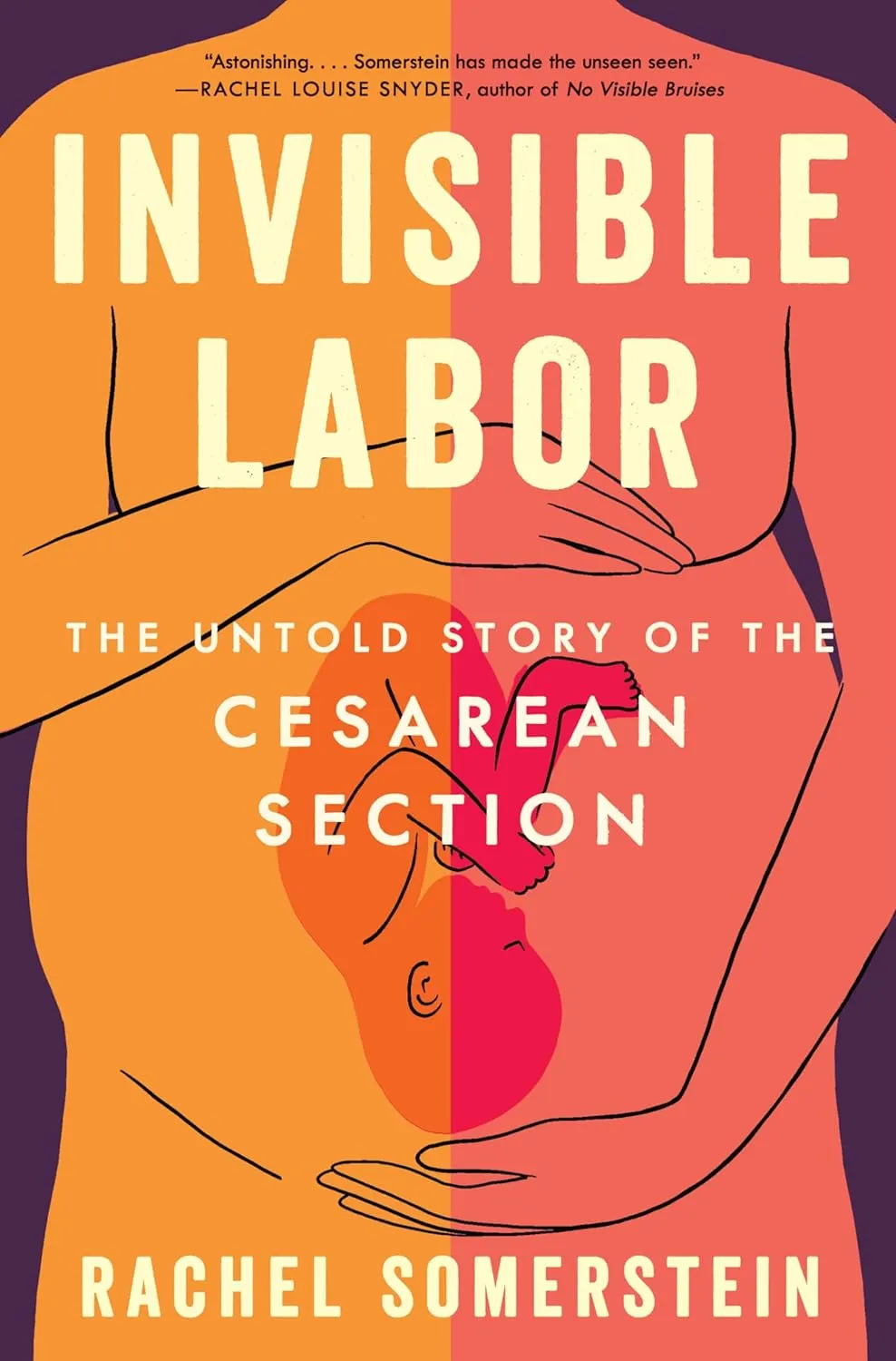
Invisible Labor: The Untold Story of the Cesarean Section by Rachel Somerstein
Additionally, Invisible Labor by Rachel Somerstein reveals “the untold story of the Cesarean section,” which is the most common surgery performed in the US (did you know this?!), and supplies information to help parents-to-be make better decisions about their birthing options.
Have a great reproductive health book to recommend? Tell us about it in the comments!
The comments section is moderated according to our community guidelines. Please check them out so we can maintain a safe and supportive community of readers!



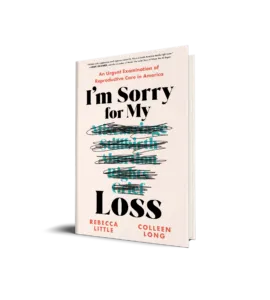














Leave a comment
Join All Access to add comments.